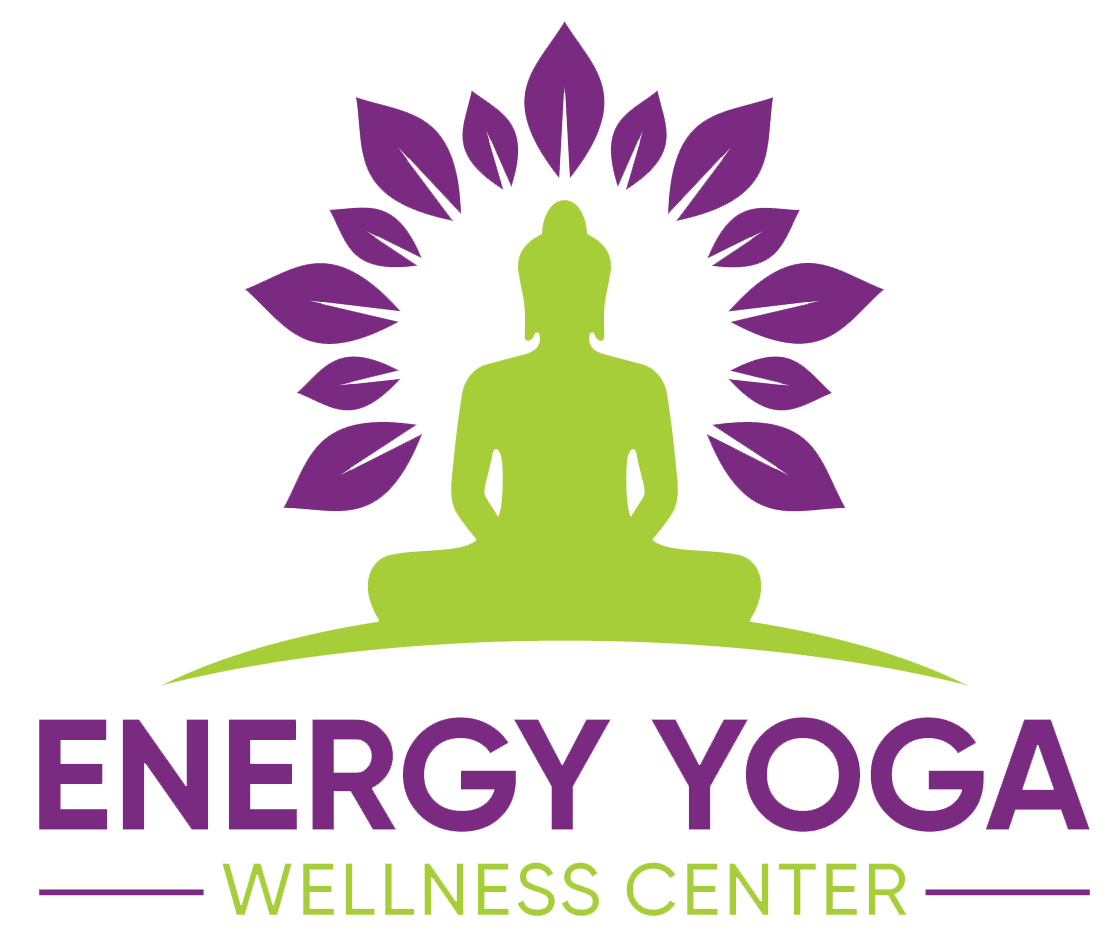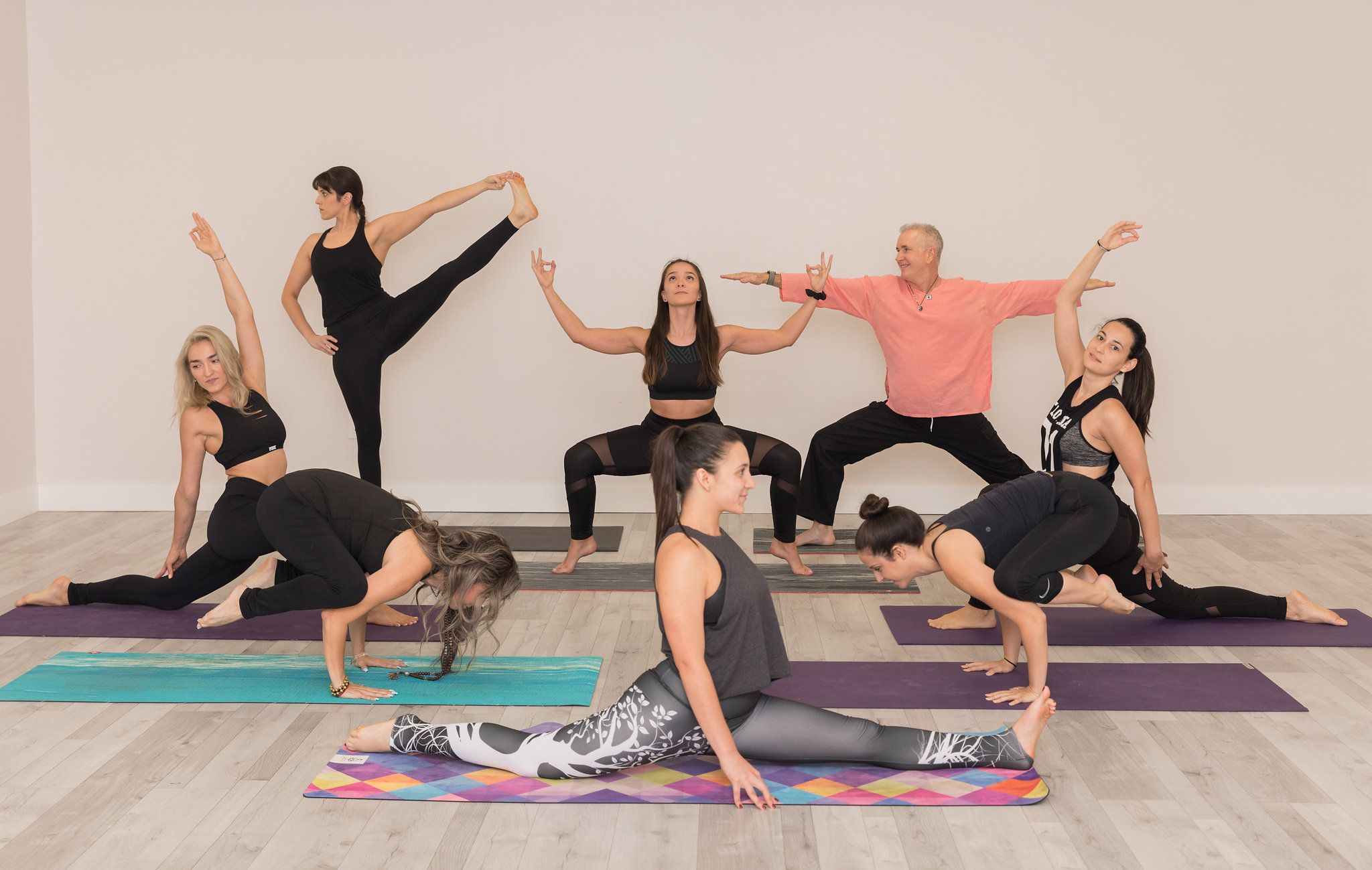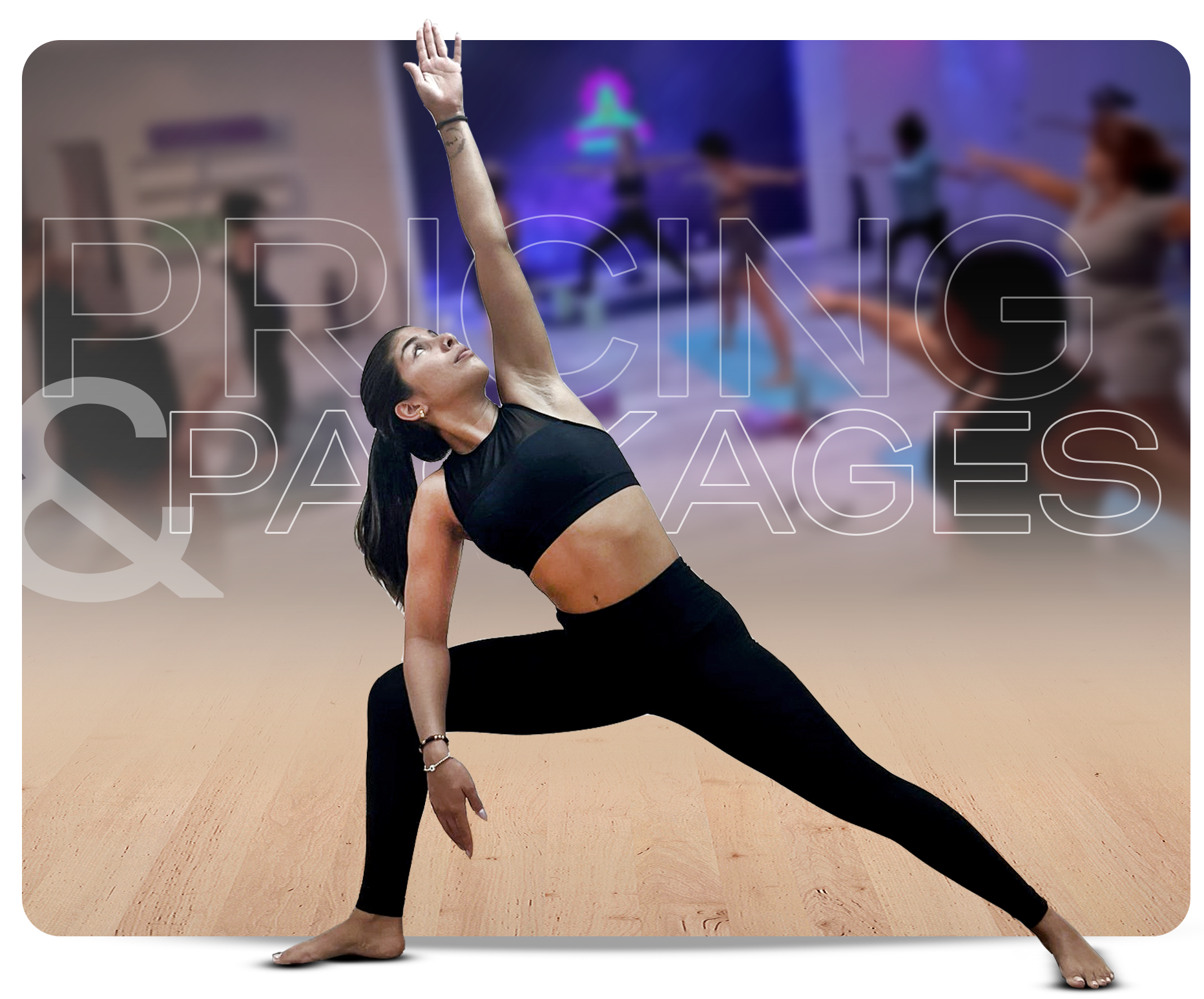WEEK 38.2 – (SEPT 20- SEPT 26) IS OUR LIFE SIMPLY A CONDITIONED RESPONSE?
Conditioned response – Dog Shock Collar example
The dogs walks to the boundary and gets shocked, over and over, until it realizes what will happen if it tries it again. In time it becomes a conditioned response and the electric collar and fence can be turned off. As long as the dog wears the collar it believes it can not go past the illusionary boundary.
Bronnie Ware, a former palliative care nurse, shares in her book, the five most common regrets of the dying
- I Wish I’d Lived a Life True to Myself, Not the Life Others Expected of Me
- I Wish I Hadn’t Worked so Hard
- I Wish I’d Had the Courage to Express My Feelings
- I Wish I Had Stayed in Touch With My Friends
- I Wish I Had Allowed Myself to Be Happier
“You have the right to work, but for the work’s sake only. You have no right to the fruits of work. Desire for the fruits of work must never be your motive in working. Never give way to laziness, either. Renounce attachment to the fruits. Be even-tempered in success and failure: for it is this evenness of temper which is meant by yoga. Work done with anxiety about results is far inferior to work done without such anxiety, in the calm of self-surrender. Seek refuge in the knowledge of yoga. They who work selfishly for results are miserable.” – Bhagavad Gita
“Only those who will risk going too far can possibly find out how far one can go.” – T.S. Elliot
“20 years from now, you will be more disappointed by the things you didn’t do than by the ones you did do. So throw off the bowlines. Sail away from the safe harbour. Catch the trade winds in your sail. Explore. Dream. Discover.” – Mark Twain
“Working hard for something we don’t care about is called stress; working hard for something we love is called passion.” – Simon Sinek
What passion is your favorite today?
“You can only control two things your attitude and your activity.”
“When you’re different, sometimes you don’t see the millions of people who accept you for what you are. All you notice is the person who doesn’t.” – Jodi Picoult
“Believe in yourself and all that you are. Know that there is something inside you that is greater than any obstacle.” – Christian Larson
A goal is a dream with ACTION behind it! Tamara Rasheed, Breaking Free
“Dreams mean nothing if they are not followed by action.” Jason Harvey
“Trust yourself. Create the kind of self that you will be happy to live with all your life. Make the most of yourself by fanning the tiny, inner sparks of possibility into flames of achievement.” – Golda Meir
“Tension is who you think you should be, relaxation is who you are.” – Chinese Proverb
“Nothing can stop the man with the right mental attitude from achieving his goal;’ nothing on earth can help the man with the wrong mental attitude.” – Thomas Jefferson
We generate fears while we sit. We overcome them by action. – Dr. Henry Link
Goals point to where you want to end up, not where you are today. Catherine Pulsifer
The goal is not to be better than the other man, but your previous self. Dalai Lama
“We suffer more in imagination than in reality.” – Seneca
How do you react to what frightens you? Do you allow fear to paralyze you, or instead do you use it as a rocket to propel you? “A WOUNDED deer leaps highest.” Emily Dickinson
Rumi said, “Find you wound and you can find your purpose. The wound is where the light enters.”
“We are all broken, that’s how the light gets in.” – Ernest Hemingway
The person that falls and gets up, is stronger than the person that never experienced falling.
“I’ve learned more from pain than I could’ve ever learned from pleasure.”
“People treat you the way you teach them to treat you.” – Jack Canfield
“One of the hardest decisions to make in life, is to know when to “walk away” or when to try harder.”
“God is still trying to write your story, Quit trying to steal the pen.”
“She was unstoppable, not because she did not have fears, or doubts, but because she continued on in spite of them.”
“One generation plants the trees; another gets the shade.” Chinese Proverb
“We do not inherit the earth from our ancestors, we borrow it from our children.” – Native American Quote
“I’ve learned that no matter what happens, or how bad it seems today, life does go on, and it will be better tomorrow. I’ve learned that you can tell a lot about a person by the way he/she handles these three things: a rainy day, lost luggage, and tangled Christmas tree lights. I’ve learned that regardless of your relationship with your parents, you’ll miss them when they’re gone from your life. I’ve learned that making a “living” is not the same thing as making a “life.” I’ve learned that life sometimes gives you a second chance. I’ve learned that you shouldn’t go through life with a catcher’s mitt on both hands; you need to be able to throw something back. I’ve learned that whenever I decide something with an open heart, I usually make the right decision. I’ve learned that even when I have pains, I don’t have to be one. I’ve learned that every day you should reach out and touch someone. People love a warm hug, or just a friendly pat on the back. I’ve learned that I still have a lot to learn. I’ve learned that people will forget what you said, people will forget what you did, but people will never forget how you made them feel.” – Mayu Angelou
“A gentle reminder, that your heart is a muscle and it needs to be exercised, so love often and love deeply.” Beau Taplin
“I’m not looking for somebody who will whisper sweet nothings into my ear to feed the ravenous ego of my heart. But someone who can look me straight in the eye and say, I love you, whether you fail or fall, just as you are.” – Beau Taplin
“We’re all so desperate to be understood, we forget to be understanding.” – Beau Taplin,
“I want somebody with a sharp intellect and a heart from hell. somebody with eyes like starfire and a mouth with a kiss like a bottomless well. but mostly I just want someone who will love me. when I do not know how to love myself.” – Beau Taplin
There are a few things in life so beautiful they hurt: swimming in the ocean while it rains, reading alone in empty libraries, the sea of stars that appear when you’re miles away from the neon lights of the city, city streets after 2am, walking in the wilderness, all the phases of the moon, the things we do not know about the universe, and you.


